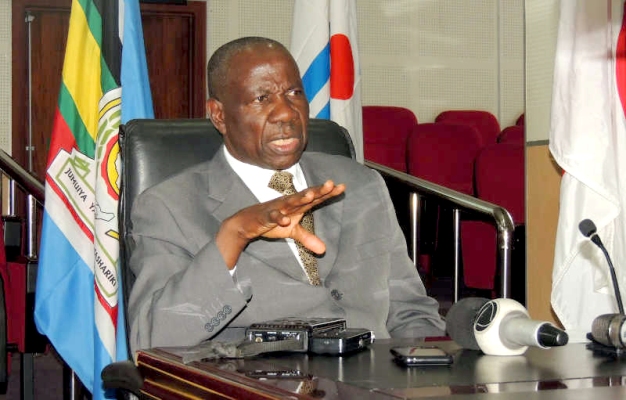President Yoweri Museveni’s government has turned a deaf ear to repeated calls to rein in our insatiable thirst for debt. New reports indicate that Uganda’s public debt has reached $11.1bn.This translates into UGX41 trillion and it’s clearly unsustainable and undesirable.
There are uncountable reasons to show that our debt situation and the rate at which we borrow is unsustainable. First of all, Uganda is spending 1/3 of the total tax collected for debt repayment. This is money that would have helped towards service delivery.
Uganda’s current debt has shot up from US$1.9bn in 2008/09 budget to now above US$11bn, an increase of 82% rise in just one decade. Uganda’s economy on the other hand has not expanded at the same rate, meaning that the assumed multiplier effect of the borrowed money on the economy has been missed.
Another sign of Uganda’s unsustainable debt borrowing is the nature of projects. Economists have always warned against borrowing for consumption purposes. In the case of a country such consumption purposes would be things like education, health and community water projects that do not do directly contribute to the real sector or the productive sector.
These days however, we are seeing government borrowing for projects such as the CCTV project for which government borrowed US$100m from Standard Chartered Bank of UK. Also last week, the government revealed that Cabinet had approved a proposal to borrow US$251M for community water projects in border districts of Uganda. There is absolutely no justification to saddle Uganda’s future generation with a debt like this.
Around 2008 and before that, the Ministry of Finance had warned of a danger of rising debt and assured the country that Uganda would only borrow from countries such as Japan and multi-lateral institutions such as the World Bank, that lend at very low interest rates. This caution has since been thrown out through the window. Uganda now contracts loans from commercial banks at commercial rates, even though concessional lenders still have the will to lend.
Uganda’s current borrowing is unsustainable because it has placed a disproportionate burden on the future generation. Majority of the loans that are being contracted will be repaid in 10 to 20 or even 30 years from now. Because they are largely consumption in nature, the future generation will hardly benefit from them and therefore do not deserve to repay these debts. This kind of borrowing violates the sustainable development principles to which Uganda signed.
In the end, some people must take responsibility for putting Uganda’s current and future generation on a dangerous path. It is our view that the NRM MPs in Parliament have ignored this serious challenge by continuing to approve the borrowing requests from government.
They also must take responsibility for failing to use their majority numbers to ensure that the idle money borrowed is put to its rightful purpose.








